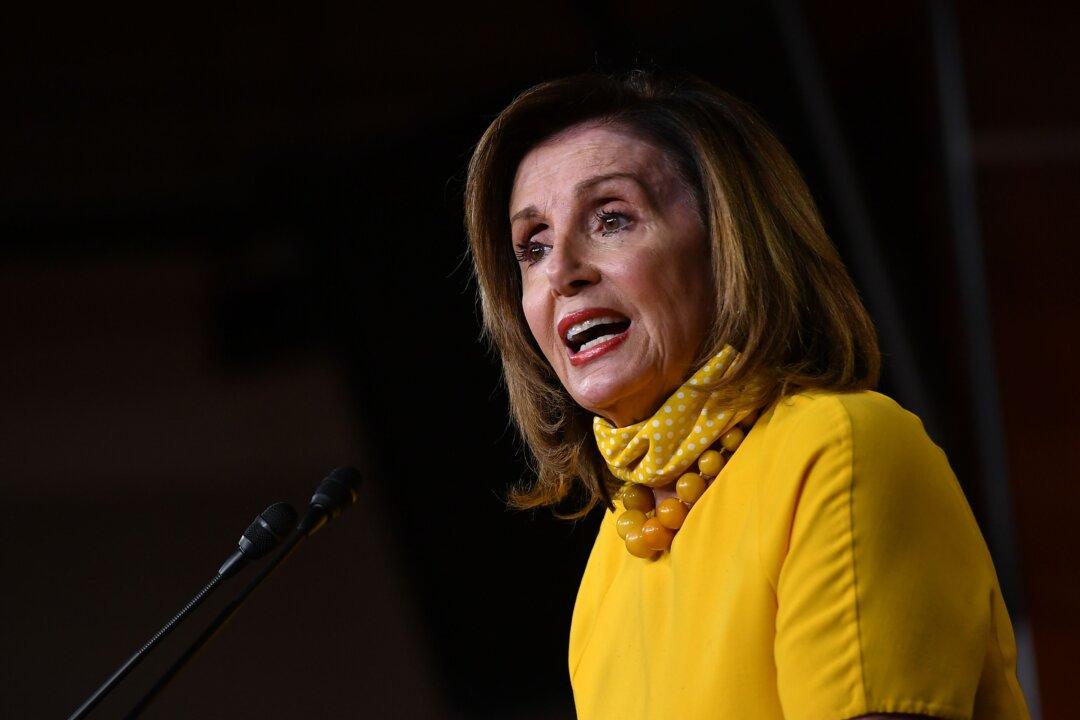WASHINGTON—U.S. businesses are urging Congress to take action on the child care sector, which is on the brink of collapse amid the pandemic.
A group of 41 state and local chambers of commerce throughout the country sent a letter to Congress on June 10, urging lawmakers to provide assistance to child care facilities in the next stimulus bill.





